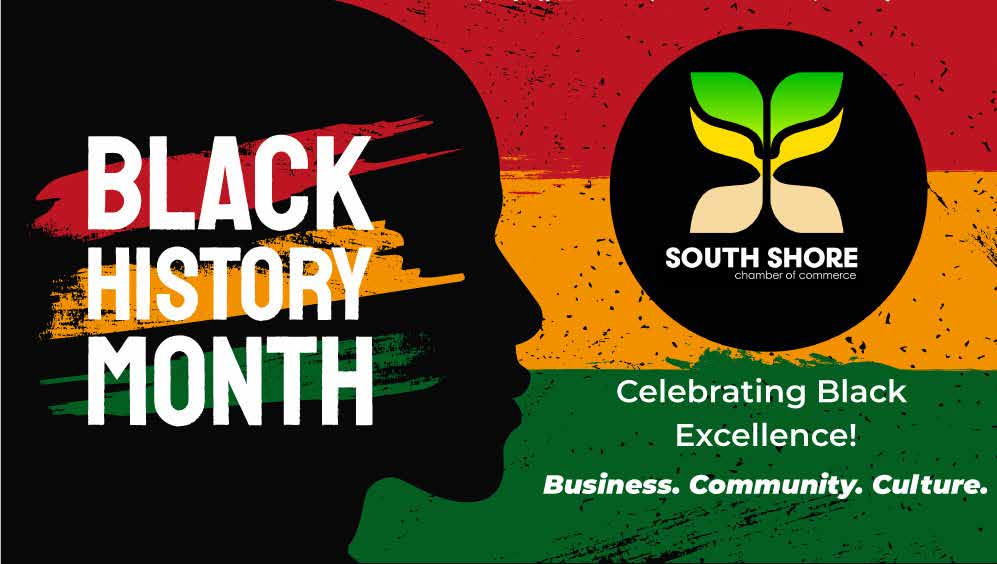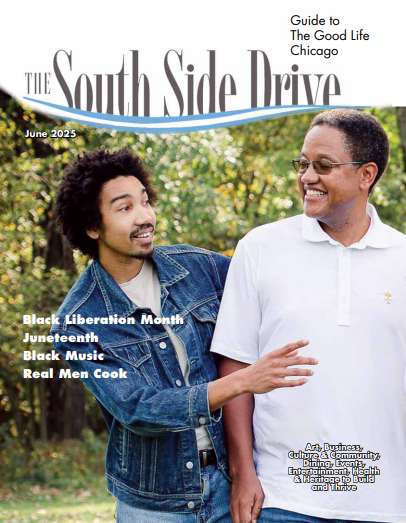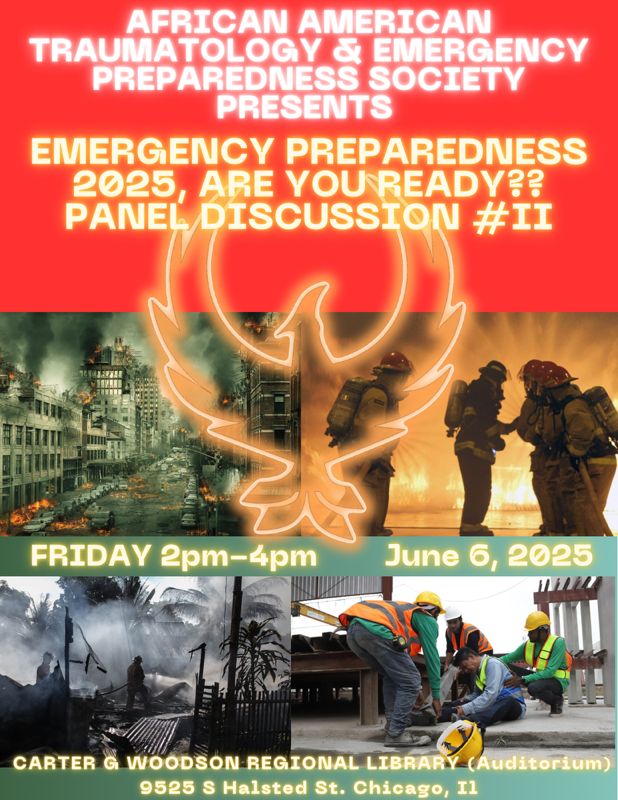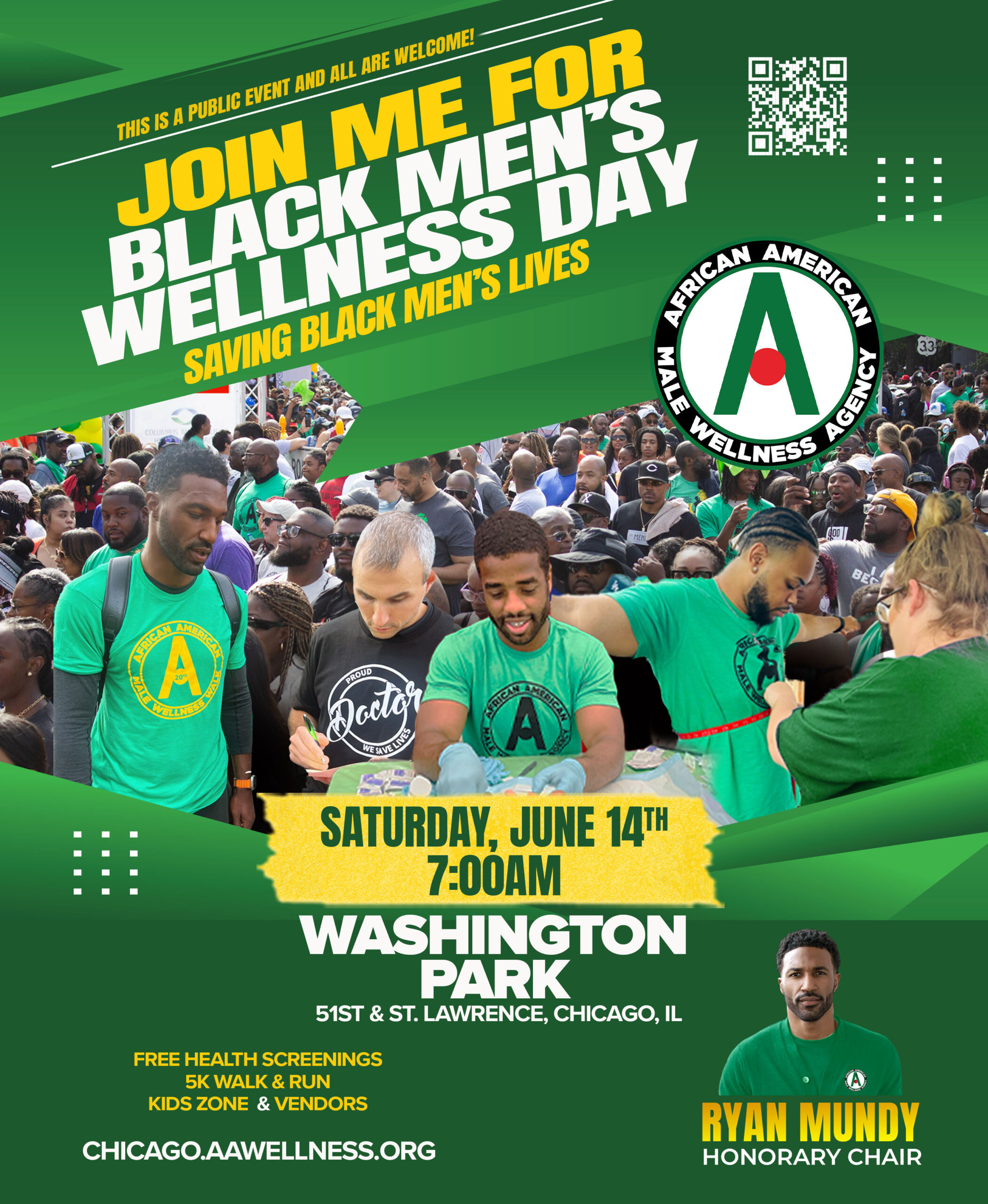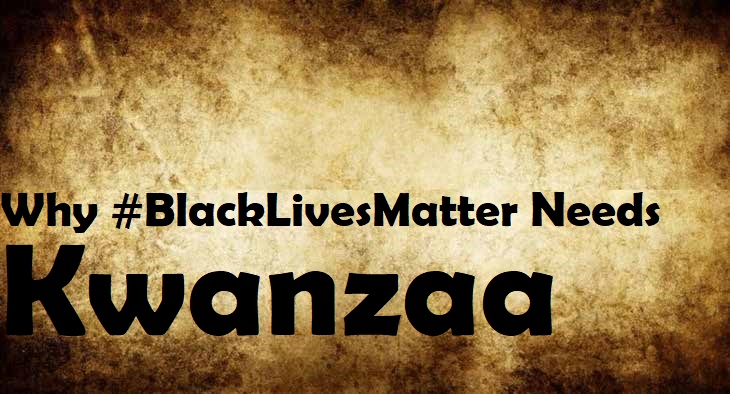
By Adeye Yohance, Ph.D.
Black Lives Matter is being nominated for a Nobel Peace Prize. Comparisons between the Black Lives Matter movement and the Civil Rights movement are appropriate. The marching, chants, boycotts, state surveillance of young activists, and ideological squabbles are all too familiar. I used to be drawn to the Black Power movement more than Civil Rights. These days I’m more interested in the bridges between them. I appreciate how the Black Lives Matter movement has re-popularized conversations about race, privilege and structural inequities. We should also use this time to talk more about culture.
I understand how Kwanzaa seems unfamiliar. The candles, kente, cumbersome words, passing around a unity cup was probably a bad idea even before COVID. When I hear young activists saying “ashe” after they speak at protests, I feel like there’s some yearning to connect the movement with more than police and policy. We all know we’ve been lied to about our identity. Our collective memory has been diminished. We feel a certain pull towards Africa, but also wrestle with the shame that has been programmed. Questions about race compare Blacks to others. Questions about culture are just for us. The more we focus on us, build and strengthen us, we’ll be less concerned about what others think or do. If and when we do decide to respond to them, we will do so from a position of increased power and clarity. The mixing of bloodlines through the traumas of the Maafa did not leave us with no connection to any of Africa. Instead it allows us access to all of it. We merged into one on those torture ships, cotton and tobacco fields. Our survival depended on it. Our tribe is Pan-African. Our homeland is diaspora.
Sure Swahili is an arbitrary language to choose, but any of them would be for most of us. Sure he just picked 7 principles that he liked and applied them to a whole continent of people. Sure there’s some romanticization of African culture. But we’ve had to find ways to rationalize all kinds of cultural realities, seeking worthwhile benefit. How many Black people do you know who celebrate St. Patrick’s day? Or Cinco de Mayo? Or speak English? Or have a passport, driver’s license or social security number? Or still carry their oppressor’s family name? Being here requires lots of compromises. We should choose them strategically for our benefit.
The advantage of Kwanzaa is that it’s value based. The whole point is to reflect on principles that could be useful toward our collective liberation. To debrief with family and friends about gains and losses. To set intentions for the upcoming year and revisit them throughout.
The seven principles, Nguzo Saba are a useful guide that can strengthen the aims of the Black Lives Matter movement:
Umoja (Unity): We don’t all have to agree on everything but we must work harder to seek places where we align and build on them. The systems created for our detriment used collaboration, so must our dismantling of them.
Kujichagulia (Self-Determination): COVID has exposed the harsh reality “we all we got.”
Ujima (Collective Work and Responsibility): All hands-on deck – doctors, lawyers, construction workers, engineers, computer scientists, everyone. Instead of asking children what they wanna be when they grow up, and teaching them to go to school to get a job, we start asking: what are your talents and how can they be applied to our liberation?
Ujamaa (Cooperative Economics): Valuing Black must extend to Black businesses, learning to trust each other and losing our dependence on American infrastructure.
Nia (Purpose): There’s no such thing as not fulfilling a purpose. Everything you do serves someone or something. If we aren’t intentional, our gifts, skills and purpose, even our social movements will be used for the advancement of everybody but us.
Kuumba (Creativity): Art is one of the most powerful forces on the planet. It can teach, entertain, and motivate. It can be a weapon and it can heal. We also must be innovative about social justice strategies to maximize impact.
Imani (Faith): Truth doesn’t require belief. Connecting to something bigger whether it is nature, your family ancestors, or a God idea, perspective is an important part of maintaining clarity, humility and hope.
Kwanzaa is our opportunity to coalesce our power. It’s a focal point. It’s the first step towards a collective declaration of independence. It’s not gonna save us. It’s just one small piece in a constellation of necessary pieces. It’s a declaration of your life mattering, that doesn’t beg someone else to be convinced.
